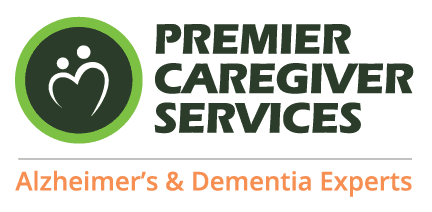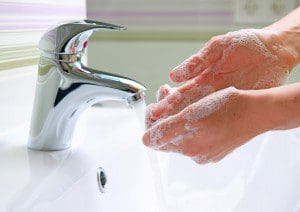Illness Prevention Tips: Keep those Hands Clean!
Illness Prevention Tips from Premier Caregiver Services
Everything from the flu, strep throat and the common cold are being passed around right now; washing your hands has never been more important. Washing your hands effectively several times a day is a great way to prevent the spread of these illnesses. The Center for Disease Control reported $120 billion annually in preventive and infectious diseases in the US. Although washing with soap and water is the preferred method to clean your hands, you can also use an alcohol-based hand rub to reduce the number of germs and bacteria. Here are the best illness prevention tips from your friends at Premier Caregiver Services!
Use Any Soap
According to the Mayo Clinic, any liquid, bar or powder soap, whether it is antibacterial or regular soap, will work for hand washing. Bacteria can become resistant to the antimicrobial properties of antibacterial soap which, in the future, will make these bacteria harder to kill.
Use Friction
Before beginning hand washing, push the lever to dispense enough paper towels to dry your hands. Apply warm running water with soap and then rub your hands together briskly. Warm water is less drying to the skin than hot water, and it facilitates the removal of dirt and oils that allow germs stick to your skin. The friction created by rubbing your hands together will loosen germs and dirt. Don’t forget to clean the backs of your hands as well as between your fingers, thumbs and under your fingernails. If you are using hand sanitizer, rub your hands together for 25 seconds or until they are dry.
Time Yourself
Wash your hands for 15 to 20 seconds before rinsing. An easy way to teach your child to wash his hands for the recommended length of time is to instruct him to hum or sing the “Happy Birthday” song twice each time he washes his hands.
Rinse Correctly
Hold your hands at a downward angle while rinsing with warm running water; the germs and dirt will run from your wrists down your hands and into the sink. This prevents transmitting the germs to cleaner areas like your arms and elbows.
Drying Hands
Avoid roughly rubbing your hands dry. Instead pat your hands dry with a paper towel, or gently rub your hands together under a warm air dryer. Vigorously rubbing your hands can lead to dry and chapped skin. Bacteria can enter the cracks and grooves created by chapped skin
Avoid Recontamination
After you are finished washing and drying your hands, use a paper towel or your elbow to turn off the water. If you touch the dirty faucet or the lever to the paper towel dispenser after you have washed your hands, you will re-introduce germs and dirt back to your hands. If possible, use a paper towel to open the restroom door.
Hand Sanitizer
Only use hand sanitizer if your hands are not visibly dirty. According to the Mayo Clinic, make sure your hand sanitizer contains a minimum of 60 percent alcohol.









Leave a Reply
Want to join the discussion?Feel free to contribute!